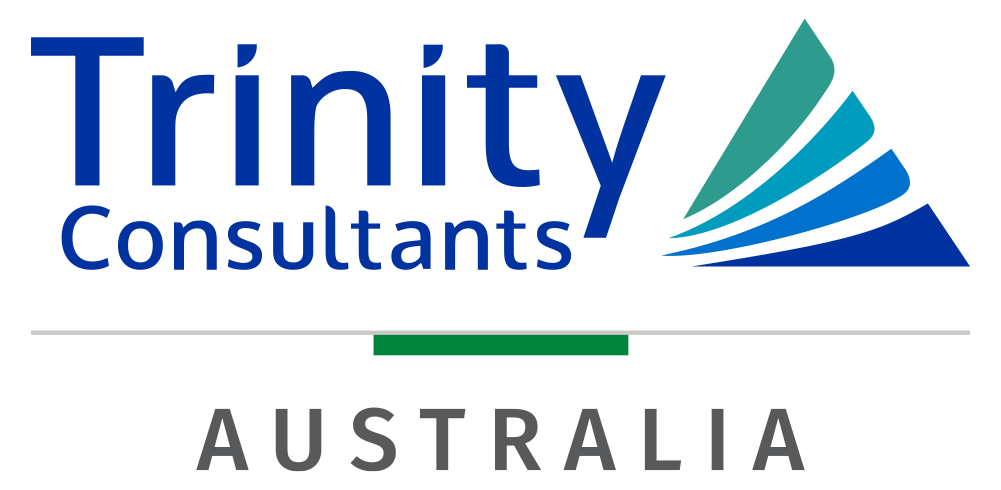How we helped
Trinity conducted an air quality assessment for Sunlight Plastics, including onsite emissions testing and air dispersion modelling.
Our aim was to determine potential air quality and odour impacts caused by emissions from a plastic extruder (using polypropylene (PP) as raw product) onto nearby existing sensitive receptors.
Air quality emission factors from recycling PP are not readily available, meaning it was important for us to investigate if emissions could have any effect on nearby sensitive uses.
To conduct the onsite emission testing, Trinity carefully placed hoods above the outlets of the melting and extrusion processes. Ducts were then connected from these hoods and the existing hoods, channelling into one sampling duct powered by a fan to extract the emissions.
A sample port was precisely cut into the flexible ducting to closely align with Australian standards. To allow for the assessment of cumulative pollutant concentrations (particulates and VOCs), representative background concentrations were also considered.
Air quality and odour impacts depend highly on meteorological conditions, so expert modelling and interpretation were also crucial. Trinity modelled the dispersion of particulates, volatile organic compounds (VOCs) and odour emissions based on our testing. Along with site-specific weather data, we incorporated multiple factors in our CALPUFF model including the proposed amount of PP to be recycled, extrusion temperature and operation details.
Our detailed approach showed that the maximum concentrations of all modelled pollutants at receptors were generally low and predicted to comply with relevant assessment criteria. We recommended and assisted with design of permanent capture hoods and filters to reduce emissions.
Furthermore, we were able to help support our client’s amendment application by demonstrating the very low likelihood of emissions to cause discernible air quality impacts beyond the surrounding industrial zoned land. The Department of Environment, Science and Innovation approved the application.
About the project
Sunlight Plastics’ facility has a well-established process for recycling high-density polyethylene (HDPE). When used HDPE is delivered to the site, it is shredded, washed and crushed on-site, then melted, extruded and cut into pellet size. Emissions occur during the melting and extrusion phases.
The facility proposed to also recycle PP, using the existing machinery and processes for recycling HDPE. This required an application to amend the Environmental Authority.
For more information on these recycling initiatives, see the Australia Sunlight Group website.



